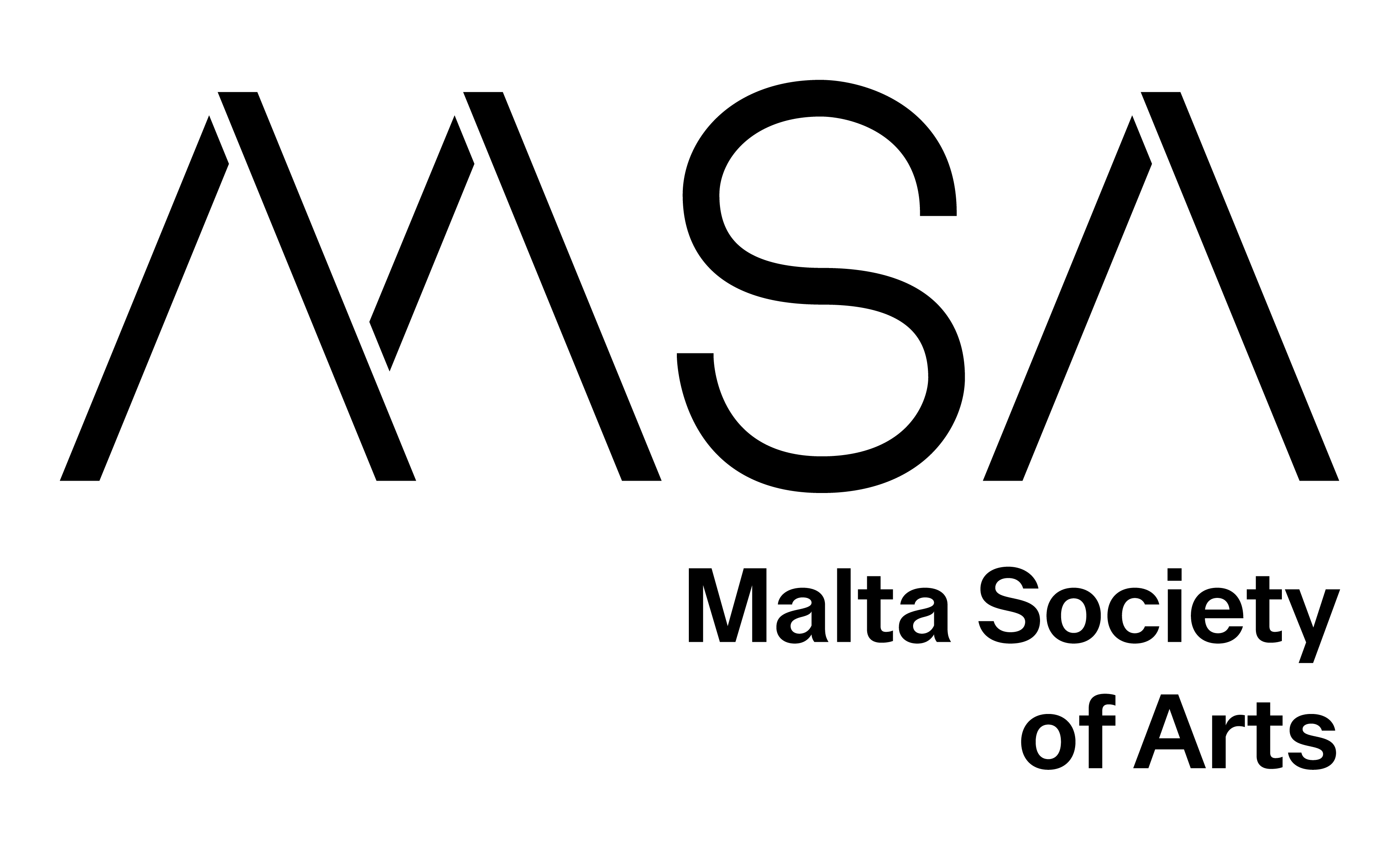For many decades digital art has been a kind of taboo for the institutional bodies of the contemporary art world. Thus, it is no coincidence that its inclusion in techno-historical narratives or even sociological analyses of the contemporary artistic paradigm has been systematically avoided. Where does this dystocia come from? Is it connected either with the difficulty of understanding the identification of art and technology, or with the limitations imposed by this identification at the level of exhibition, collection, sale and maintenance of works of art?
This paper aims to explore the difficulties for the acceptance of the artistic character of digital art both on an ontological and a socio-institutional level. In the first part, its special characteristics that differentiate it from mainstream contemporary art, making it difficult to understand and be accepted by the entire art world, will be analyzed. Terms such as digital representation, programmability and interaction, that have been analyzed by important theorists in the field (Manovich, Lopes etc.) as ontological characteristics of digital art that differentiate it from mainstream contemporary art, will be discussed while the role of the artist as programmer, but also of the program as art will be highlighted.
Furthermore, the digital artwork requires distinct management at an exhibition, collection and maintenance level. Functioning as medium-specific, it contradicts the traditional object-oriented nature of art, negating in many cases the museum as a key exhibition body. The maintenance of digital works, often described as ephemeral and unstable - to the extent however that they are linked to rapid technological developments and not to the material itself as the bits and bytes which are certainly more durable than color or film - has also been met with suspicion.
In the second part of the paper we will focus on the change that has occurred since the 2010s in the relationship between digital art and contemporary art world and art market. At the urging of art galleries, artists themselves who until then used to promote their works online and digital art festivals which used to rely on ticket sales rather than artworks, began to use other technological means more compatible with the museum exhibition policy. In this spirit, the art market also became interested in the promotion of digital works: since 2010 there has been a significant increase in art galleries and exhibitions dealing partially or exclusively with digital art, which now systematically use the internet as a medium for art distribution.
2013 saw the first digital art auction (Paddles On!), establishing the purchase of digital works as a valid form of financial investment. More followed with a landmark sale of the digital image of ‘Everydays: the first 5000 Days’ by Mike Winkelmann, known as Beeple. It is the first NFT sold for the extremely high amount of $69 million, acting as the starting point for the new era of a digital art market. In the third and final part of this paper we will talk about NFTs and their contribution to the welcoming of digital art by collectors, curators and gallerists of the contemporary era.
Eleni Gemtou is an Associate Professor in the National and Kapodistrian University of Athens (Department of Philosophy and History of Science). Her research focuses on the relationship between Art, Science and Technology. She has published papers in various scientific journals, in international and Greek conferences proceedings, as well as the books (in Greek) “History of Art. An Epistemological Approach” (2022, 2nd ed.) and “Art and Science. Interpretive Approaches to Modern and Contemporary Art through the Influence of Science” (2018). The English book, “The Books that Shaped Art History”, edited by R.Shone & J.P.Stonard, has been both translated to Greek and edited by her (2022). She has been both the academic coordinator and writer of several educational e-learning programs of the University of Athens, as well as a founding member of the TECHNO-LOGIA project (ASFA & Dept. of PHS) and a member of the collaborating teaching staff of the Open University of Greece.
Johannis Tsoumas gained his MA in History of Design at Middlesex University, UK, in 1993 and received his PhD in the History of Art from the Aristotle University of Thessaloniki, Greece, in 2002. He has many publications in various scientific journals to his credit, and he is the author of four books on design and culture: The History of the Decorative Arts and Architecture in Europe and America (1760-1914); The Emergence of Plastics Culture in Greece (1950-1970); Women in Greek Advertisements in the 1960s; and Japan and the West: Mutual Influences in Applied Arts (1540-1960): Seven Essays. He currently works at the Department of Interior Architecture of the University of West Attica, Greece, as an Art and Design Historian and a Fine Arts Tutor. His areas of research interest are nineteenth-century design, art and decorative arts history, and twentieth-century European popular, visual and material culture.
Stella Sofokleous is a PhD candidate at the Department of History and Philosophy of Science, at the National and Kapodistrian University of Athens (NKUA) under the supervision of the Associate Professor Eleni Gemtou. Her research focuses on the history and philosophy of digital art. After completing a MA at the University of Edinburgh in history of art, she worked at the National Gallery of Scotland. She received scholarships for the completion of both her MA and PhD by the A.G. Leventis Foundation. She has published papers in conferences’ proceedings and scientific journals (DRHA2020, RISE IMET 2021, ISEA 2022, Automaton). In 2022 she translated 19 texts in Greek for the volume Digital Technologies & Arts, edited by Vassiliki Lalioti, Assistant Professor of Performance Anthropology at NKUA. In 2023 she was included in the network of the project TECHNO-LOGIA (ASFA & Dept. of PHS).
Back







